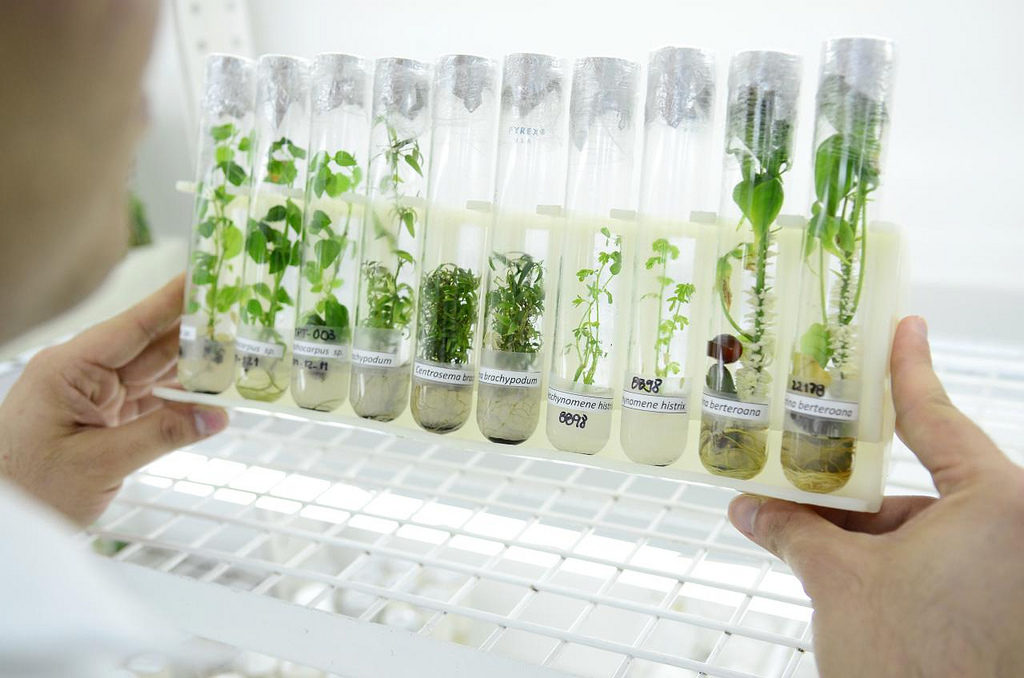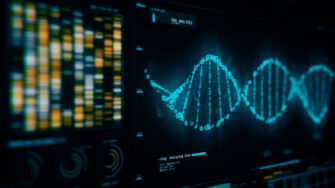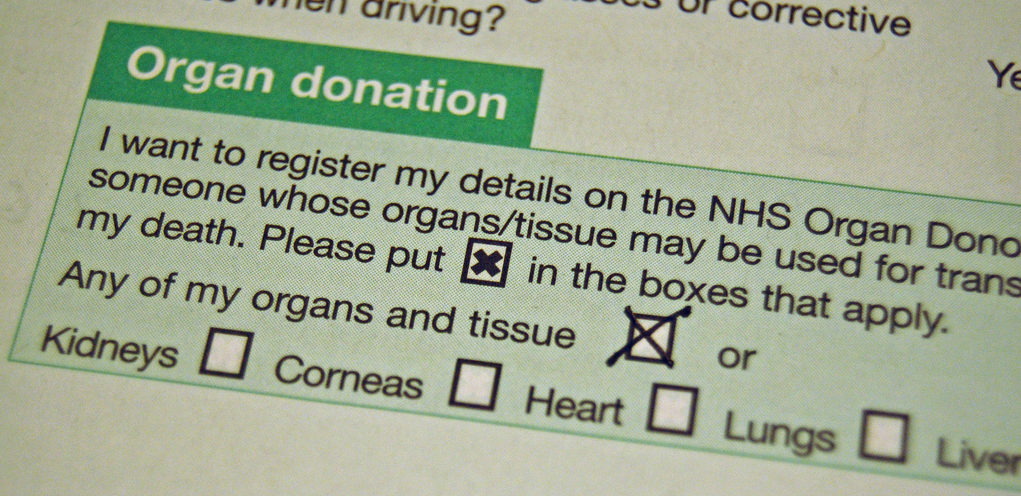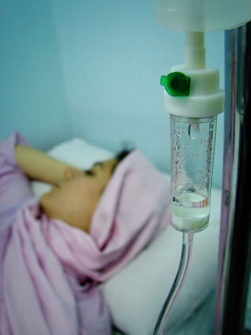Podcasts on Bioethics, Religion, and Modernity
In partnership with expert scholars and medical professionals, the Contending Modernities initiative has produced two unique radio programs on gene editing and organ donation.
How do religious and secular traditions engage techno-scientific innovations of late modernity? The Science and the Human Person working group of the Contending Modernities initiative has spent the past four years addressing this question, with a particular emphasis on the beginning and end of life, and how medical innovations have changed how we understand “life.” We invite you to listen to two radio programs that highlight our research.
These episodes are available to media organizations for re-broadcasting in full or in part, and our experts are also available for interviews.
We invite networks and institutes with a bioethical focus to share the podcasts and learn more about our research. These episodes are also available via iTunes.
Media contact: Dania Straughan, dstraugh@nd.edu, 574 631-7233
How Should We Regulate Gene Editing?
What can religious scholars and ethicists tell us?

What do religious scholars and ethicists have to say about the process of gene editing? What worries them? Listen in to the conversation with panelists Deborah Blum (MIT), Michael Fitzgerald (Boston Globe), Aline Kalbian (Florida State University), Ebrahim Moosa (University of Notre Dame), and Adil Najam (Boston University) and expert witnesses Maura Ryan (University of Notre Dame), Abdulaziz Sachedina (George Mason University), Robert Tappan (Towson University), and Andrea Vicini (Boston College). Science journalist Ehsan Masood moderates.
Teaser:
Listen to the full podcast here:

Advances with the CRISPR gene editing technology in recent years raise the specter of widespread genetic modification, beyond the much-maligned modification of food crops. As scientists push the limits of what is possible, and thereby redefine how we understand “life”, what do religious scholars and ethicists have to say? What religious and secular norms should guide the kinds of limits we apply to gene editing?
Questions or comments? Feel free to write us!
Media contact: Dania Straughan, dstraugh@nd.edu, 574 631-7233
Is Organ Donation Permitted in Islam?
What will Sara’s Shia mother and Sunni father decide to do?

“The Ethics Debate” features patient advocate Najah Bazzy (Zaman International), treating clinician Hasan Shanawani (Veterans Administration National Center for Patient Safety), Aasim Padela (University of Chicago), Robert Tappan (Towson University), and Abdulaziz Sachedina (George Mason University), with moderator Ehsan Masood. The panel will debate whether Sara’s parents should allow their daughter to be an organ donor, in light of Islamic tradition.
Teaser:
Listen to the full podcast here:

Sara is a 14-year-old girl who is on life support with severe brain injuries. She is unlikely to live and the family must decide whether to donate her organs. The decision is made more complicated by the fact that mother and father come from different Islamic traditions.
How do we define death? How have different Islamic scholars approached organ donation?
The decision to donate–or to accept–a new organ can often involve an array of people. There are family members, medical experts, lawyers, religious leaders and, of course the individuals who might be giving or receiving an organ. Listen in to hear experts who have helped families navigate these difficult decisions through a Muslim lens weigh in.
Questions or comments? Feel free to write us!
Media contact: Dania Straughan, dstraugh@nd.edu, 574 631-7233
Thanks to producer Toby Murcott and Mix One Studios for their work on the project.
